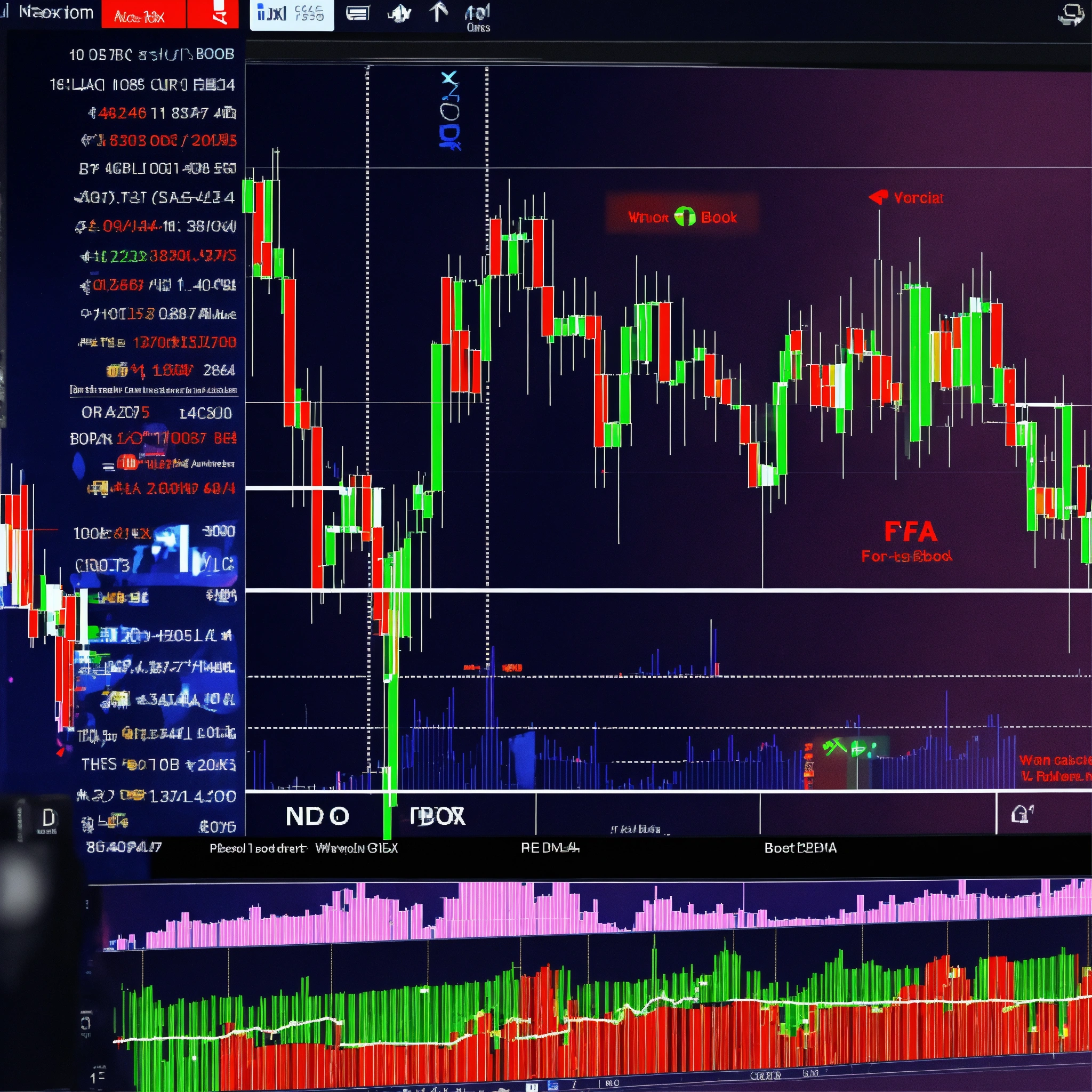Investing in the stock market offers a myriad of opportunities, each with its own risk and reward profile. Among these, small-cap stocks stand out as particularly intriguing options for investors seeking substantial returns. Often overlooked in favour of their larger, more established counterparts, small-cap stocks can be the hidden gems of the market, possessing significant growth potential. In this blog, we will delve into the world of small-cap stocks, exploring their unique characteristics, benefits, and strategies for maximizing returns.
Understanding Small-Cap Stocks
Small-cap stocks are shares of companies with relatively small market capitalizations, typically ranging from $300 million to $2 billion. These companies are often in the early stages of their growth cycle and may operate in emerging or niche markets. Unlike large-cap stocks, which belong to well-established companies with a significant market presence, small-cap stocks are associated with higher risk but also the potential for higher reward.
The volatility of small-cap stocks is one of their defining features. Due to their size, these companies can be more susceptible to market fluctuations and economic shifts. However, this volatility also means that small-cap stocks can experience rapid growth, leading to significant capital appreciation for investors.
The Benefits of Investing in Small-Cap Stocks
High Growth Potential
One of the most compelling reasons to invest in small-cap stocks is their high growth potential. Small-cap companies are often at the forefront of innovation, bringing new products and services to market. As these companies grow and expand their market share, their stock prices can increase dramatically, providing substantial returns to early investors.
Undervalued Opportunities
Small-cap stocks can sometimes be undervalued by the market. Because they are less well-known and receive less coverage from analysts, these stocks may trade below their intrinsic value. Savvy investors who conduct thorough research can identify and invest in these undervalued opportunities before the broader market catches on, reaping significant rewards as the stock price corrects upwards.
Diversification
Including small-cap stocks in an investment portfolio can enhance diversification. Since small-cap stocks often perform differently than large-cap stocks or bonds, they can help reduce overall portfolio risk. By spreading investments across various asset classes, sectors, and company sizes, investors can achieve a more balanced and resilient portfolio.
Potential for Acquisition
Many small-cap companies become attractive acquisition targets for larger firms seeking to expand their market presence or acquire new technologies. When a small-cap company is acquired, its stock price can soar, leading to substantial gains for shareholders. This potential for acquisition adds another layer of appeal to investing in small-cap stocks.
Strategies for Investing in Small-Cap Stocks
Thorough Research
Given the higher risk associated with small-cap stocks, thorough research is crucial. Investors should look into a company’s financial health, management team, competitive position, and growth prospects. Understanding the industry in which the company operates and its potential for future expansion is also vital. This in-depth research helps investors make informed decisions and identify the most promising small-cap opportunities.
Diversification
While small-cap stocks can offer high returns, they can also be volatile and risky. To mitigate this risk, it’s important to diversify investments across multiple small-cap stocks and sectors. This approach spreads risk and increases the likelihood of holding some high-performing stocks that can offset potential losses from others.
Long-Term Perspective
Investing in small-cap stocks often requires a long-term perspective. These companies may take time to realise their full growth potential, and their stock prices can be volatile in the short term. Investors who are patient and can withstand market fluctuations are more likely to see significant returns over the long haul.
Monitoring and Rebalancing
Regularly monitoring and rebalancing a portfolio is essential when investing in small-cap stocks. As these stocks can experience rapid changes in value, keeping an eye on their performance and making adjustments as needed ensures that the portfolio remains aligned with the investor’s goals and risk tolerance.
Professional Advice
For those who are new to investing or unsure about selecting individual small-cap stocks, seeking professional advice can be beneficial. Financial advisors or investment managers can provide insights, recommend suitable stocks, and help manage the overall investment strategy.
Risks to Consider
While small-cap stocks offer considerable upside potential, it’s important to be aware of the risks. These include:
Volatility
Small-cap stocks can be highly volatile, with prices subject to sharp swings in response to market conditions, company performance, or economic changes.
Liquidity Issues
Small-cap stocks may have lower trading volumes, making it more difficult to buy or sell large quantities without affecting the stock price. This liquidity risk can pose challenges, especially in volatile markets.
Limited Information
Small-cap companies often receive less coverage from analysts and the media, resulting in limited publicly available information. This can make it more challenging to conduct thorough research and assess the company’s prospects accurately.
Higher Risk of Failure
Smaller companies may have less established business models and weaker financial positions compared to larger firms. This higher risk of failure means that some small-cap investments may not pan out as expected.
Conclusion
Investing in small-cap stocks can be a rewarding endeavour for those who are willing to embrace the associated risks. These "tiny titans" have the potential to deliver substantial returns, especially for investors who conduct thorough research, diversify their portfolios, and maintain a long-term perspective. By understanding the unique characteristics and challenges of small-cap stocks, investors can unveil their potential and seize opportunities for big returns. As with any investment strategy, careful planning, diligence, and professional advice can help navigate the complexities and maximise the benefits of investing in small-cap stocks.








0 Comments